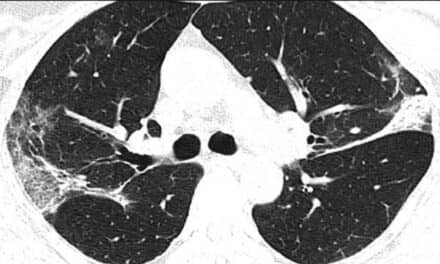Radiation oncologists across the country will meet virtually with members of Congress this week to urge lawmakers to pass legislation that will safeguard access to high-quality, value-based healthcare for people with cancer. The physicians will meet with Congressional leaders and staff as part of the American Society for Radiation Oncology (ASTRO) virtual Advocacy Day, which will take place November 19-20.
Radiation oncologists will emphasize four legislative priorities in their meetings with lawmakers:
- Prevent pending cuts to Medicare reimbursement for radiation therapy and provide temporary relief for physicians who continue to provide care during a pandemic.
- Engage with the Centers for Medicare and Medicaid Services (CMS) to fix the recently released Radiation Oncology Model and protect patient access to cancer care.
- Reform a broken prior authorization system that, according to new data, has grown worse during the pandemic and unnecessarily delays patient access to lifesaving cancer treatments.
- Increase investments in cancer research at the National Institutes of Health (NIH) and National Cancer Institute (NCI).
Medicare Reimbursement for Radiation Therapy
Under the 2021 Medicare Physician Fee Schedule (MPFS), CMS plans to move forward with changes to evaluation and management (E/M) codes that will result in an overall reimbursement cut of 6% for radiation therapy services covered by Medicare. Many key services, including weekly management of patients currently undergoing treatment, will be cut by 10% or more.
“The proposed Medicare payment policy set to start on Jan. 1, 2021, would cause significant additional financial challenges for radiation oncology practices as they enter the new year. Despite many practices already experiencing revenue declines of 20-30% due to the COVID-19 pandemic, CMS is still pushing ahead with large additional cuts for radiation oncology and other specialties,” says Thomas J. Eichler, MD, FASTRO, Chair of the ASTRO Board of Directors.
ASTRO has engaged with a broad coalition of healthcare provider organizations to urge both Congress and CMS to waive or suspend the budget neutrality requirement, which would trigger the cuts. More than 200 bipartisan members of the House of Representatives also co-signed a letter last month urging Congress to pursue changes to the 2021 MPFS to avoid the excessively steep cuts.
Radiation oncologists are asking lawmakers to join the bipartisan cosponsors of the Holding Providers Harmless from Medicare Cuts During COVID-19 Act of 2020 (H.R. 8702), which would stabilize Medicare payment levels for the next two years and provide temporary relief from the threat of additional cuts for radiation oncology and other medical specialties.






